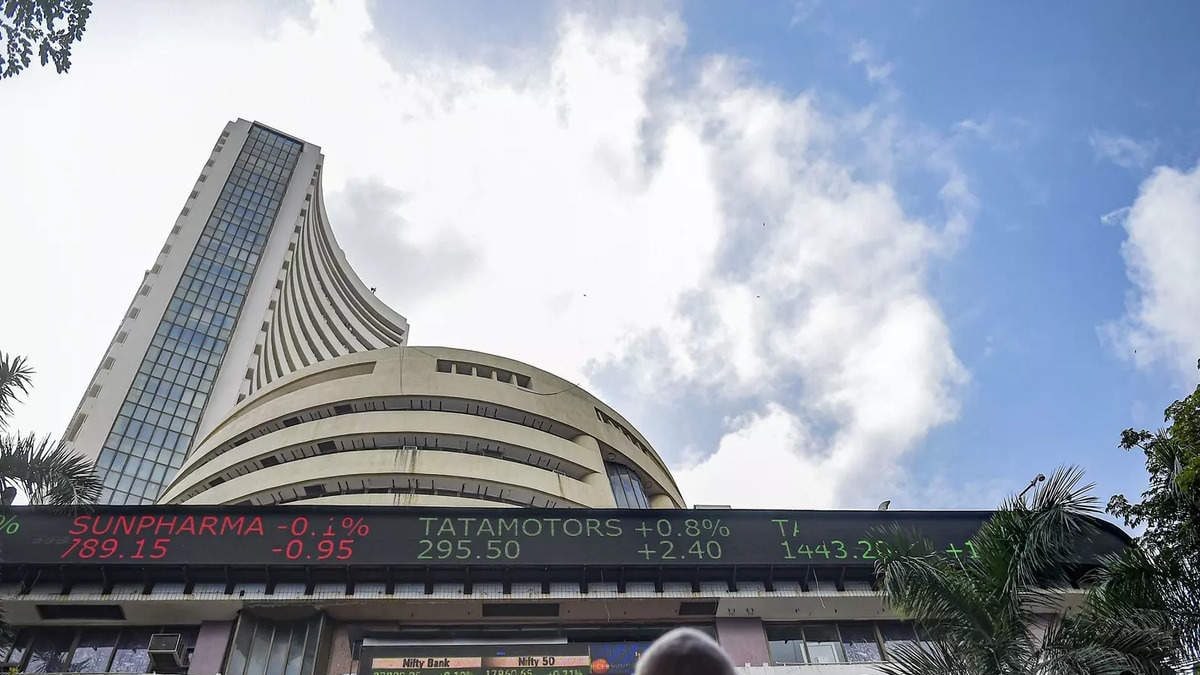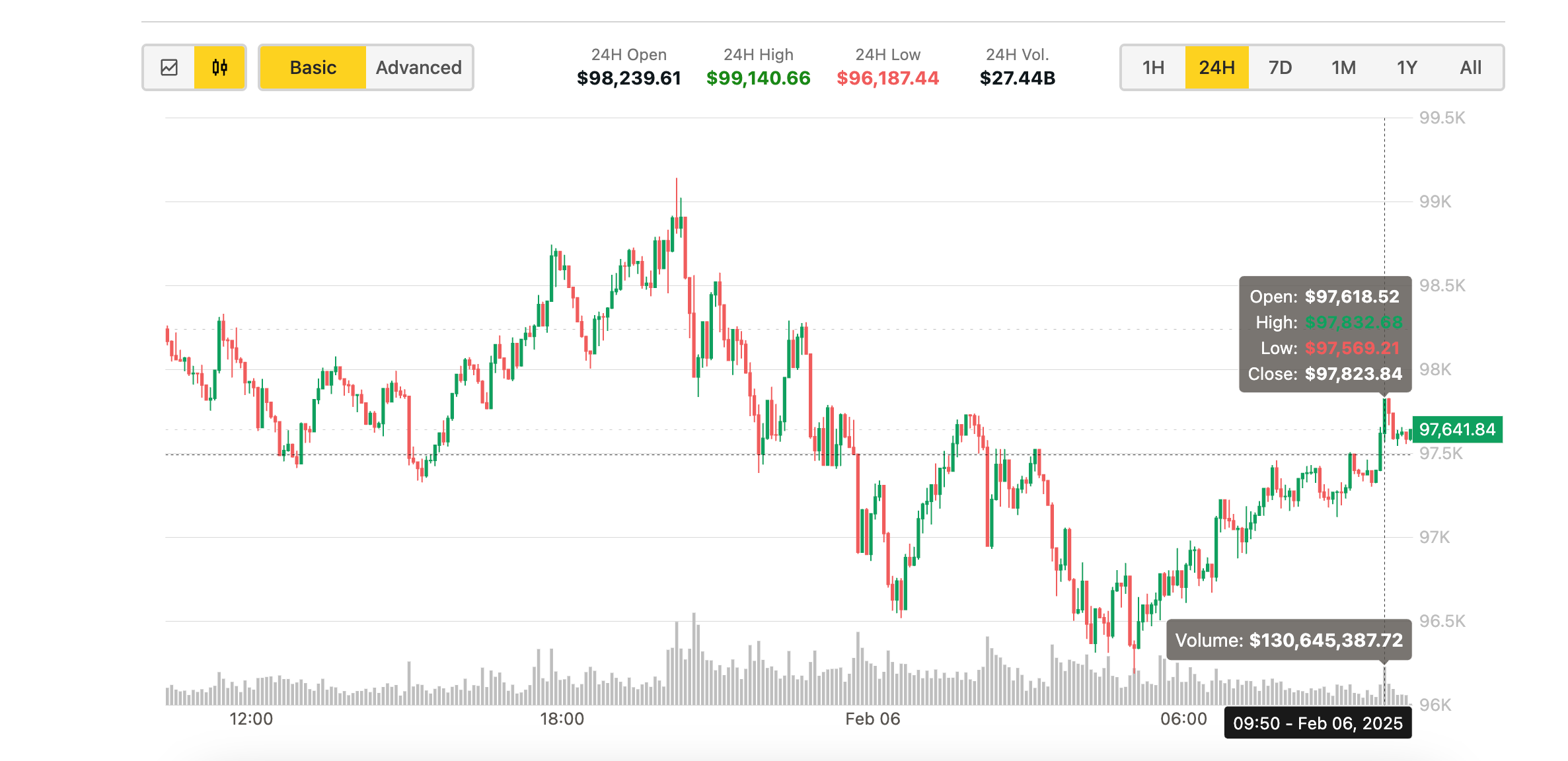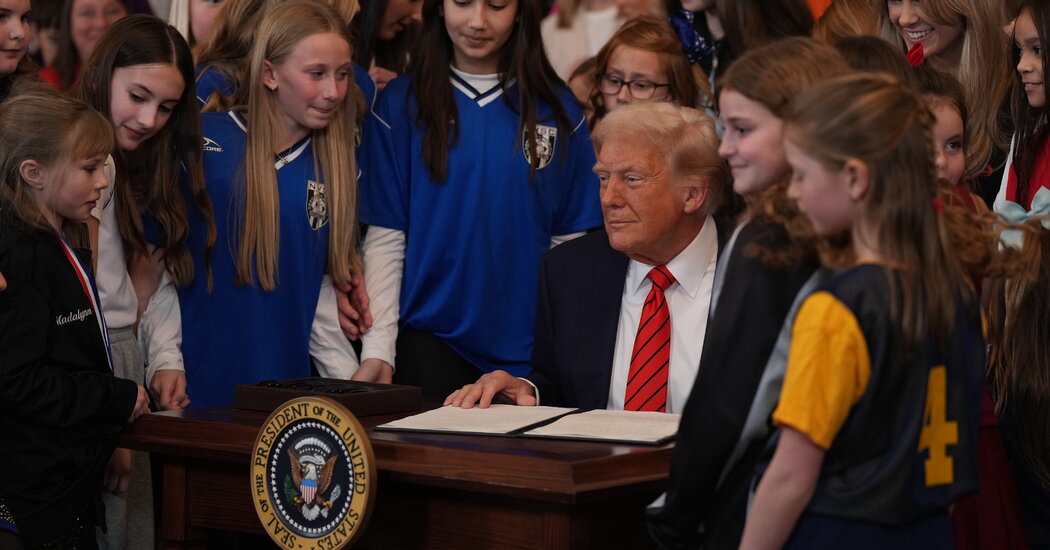
Last Updated:
Indian benchmark equity indices BSE Sensex and Nifty 50 opened higher on Tuesday, amid mixed global cues
Stock Market Updates
Indian benchmark indices BSE Sensex and Nifty 50 were trading lower on Tuesday, following a modest opening, amid mixed global cues after President Donald Trump’s inauguration.
At 10 AM, the BSE Sensex was down by 337.99 points, or 0.44%, at 76,735.45, while the Nifty 50 stood at 23,303.30, slipping by 41.45 points, or 0.18%.
After the opening, on the 30-stock BSE Sensex, only eight stocks were in the red, with Zomato leading the losses, falling 8.01%, followed by Bharti Airtel, NTPC, Kotak Mahindra Bank, and Adani Ports & SEZ. On the upside, UltraTech Cement was up 2.01%, followed by Titan, Nestle India, ITC, and Tata Motors.
On the Nifty 50, 35 stocks were trading in the green, with Apollo Hospitals Enterprises leading the gains, rising 2.48%, followed by UltraTech Cement, Wipro, BPCL, and Sun Pharma. The losses were limited to Adani Enterprises, which declined by 0.67%, followed by Trent, ONGC, Kotak Mahindra Bank, and NTPC.
Sector-wise, the Nifty Consumer Durables index was the biggest laggard, falling 1.23%, followed by Realty (down 0.92%), PSU Bank (down 0.23%), Nifty Bank (down 0.05%), and Private Bank (down 0.04%). On the other hand, the Healthcare index led the gainers, climbing 1.17%, followed by Pharma, Media, Auto, IT, FMCG, Metal, and Oil indices.
In the broader market, the Nifty Smallcap 100 was up by 0.28%, while the Nifty Midcap 100 remained flat.
Global Cues
U.S. markets were closed on Monday in observance of Martin Luther King Jr. Day. The key highlight, however, was President Donald Trump’s inauguration for his second term, with investors closely monitoring any orders or statements emerging from his new administration.
In the Asia-Pacific region, markets showed mixed trends as investors awaited further clarity on policies to be unveiled by Trump. Australia’s S&P/ASX 200 rose by 0.44%, while Japan’s Nikkei 225 dipped by 0.08%, and the Topix fell by 0.15%. South Korea’s Kospi declined by 0.32%, and the Kosdaq slipped 0.81%. Hong Kong’s Hang Seng remained flat, while China’s CSI 300 fell 0.31%.
Elsewhere, the U.S. dollar was nursing broad losses after Trump refrained from imposing new tariffs. Reports indicated that any new taxes would be introduced in a “measured” way, easing concerns for trade-exposed currencies.
Yields on 10-year U.S. Treasuries dropped by 6 basis points to 4.56%, as the market feared that rapid tariff impositions could reignite inflationary pressures.
In his inauguration speech, Trump focused on immigration, energy, and foreign policy, including a promise to reclaim the Panama Canal, but only briefly mentioned tariffs. A subsequent memo directed agencies to investigate trade deficits, rather than announcing immediate tariff measures.
Market reactions were swift, with the dollar index falling 1.2%—its sharpest daily drop since late 2023—ending at 108.010, just above support at 107.70. This muted stance on tariffs caused some dovish expectations regarding U.S. interest rates, with futures pricing in a 50% chance of a quarter-point cut by May, up from 31% a week earlier.
Trump’s support for cryptocurrencies sent Bitcoin to a record high of $109,071.86 on Monday, before retreating to $102,000 in early Tuesday trading in Asia.
Meanwhile, U.S. oil prices dropped over $1 per barrel in early Asian trading on Tuesday, following Trump’s plan to maximize U.S. oil and gas production by declaring a national emergency. The most actively traded WTI crude contract for March fell $1.02 to $76.37 per barrel.







